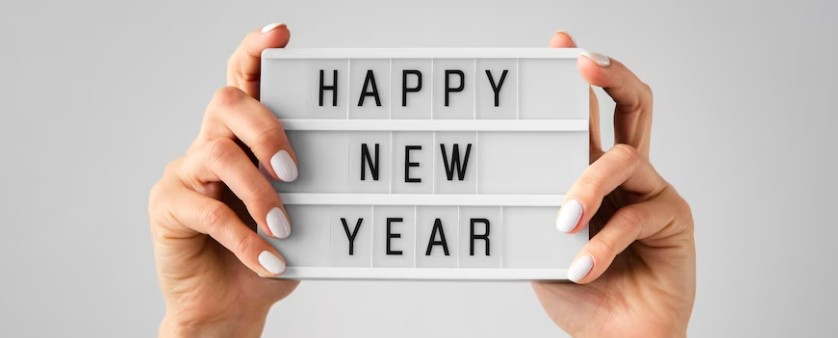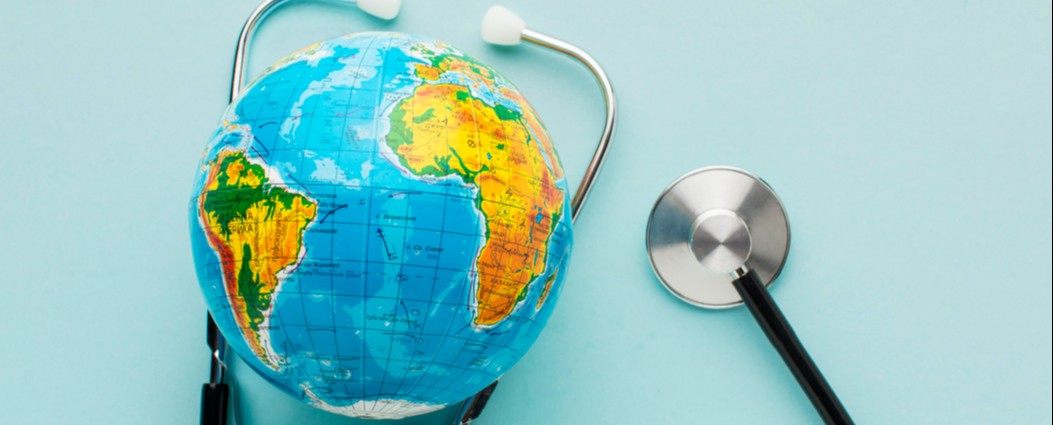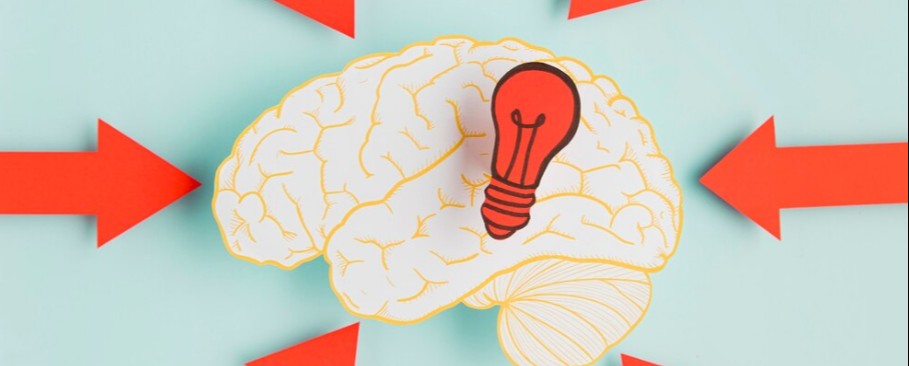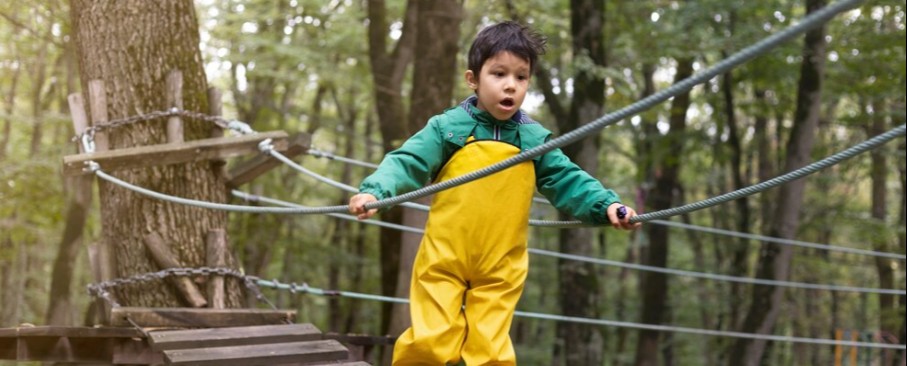
Celebrating International Self-Care Day: Strategies for Every Stage of Life

Celebrating International Self-Care Day: Strategies for Every Stage of Life
International Self-Care Day, observed annually on July 24th, serves as a global reminder of the importance of self-care and its profound impact on our health and well-being. This day encourages individuals to take proactive steps in managing their physical, mental, and emotional health. Whether you're a child, teenager, young adult, or senior, self-care is vital. Let's explore self-care strategies tailored to different age groups and life stages, from parenting to working, and being single to in a relationship.
Self-Care for Children and Teens
Children:
- Routine and Structure: Establishing a daily routine helps children feel secure and understand what to expect.
- Play and Creativity: Encouraging playtime and creative activities fosters emotional expression and cognitive development.
- Healthy Eating: Providing balanced meals ensures proper nutrition, supporting growth and energy levels.
- Sleep: Ensuring adequate sleep is crucial for a child's development and mood regulation.
Teens:
- Physical Activity: Regular exercise helps manage stress and boosts mood.
- Hobbies and Interests: Encouraging teens to pursue hobbies builds self-esteem and provides a constructive outlet.
- Social Connections: Healthy friendships and social interactions are vital for emotional support.
- Mental Health: Open discussions about mental health and seeking professional help when needed can prevent and address issues early.
Self-Care for Young Adults
College Students and Early Career:
- Time Management: Balancing academic or work responsibilities with personal time prevents burnout.
- Financial Literacy: Learning to manage finances reduces stress and promotes independence.
- Mental Health Resources: Utilizing counseling services or mental health apps can support emotional well-being.
- Physical Health: Regular exercise, a balanced diet, and sufficient sleep are foundational for overall health.
Self-Care for Adults
Parenting:
- Scheduled Downtime: Carving out time for relaxation and hobbies helps maintain personal identity and reduces stress.
- Support Networks: Relying on family, friends, or parenting groups for support can provide relief and shared experiences.
- Mindfulness and Meditation: These practices can help manage stress and increase patience.
- Healthy Boundaries: Setting boundaries to balance parenting duties and personal time is crucial for mental health.
Working Professionals:
- Work-Life Balance: Setting clear boundaries between work and personal life prevents burnout.
- Breaks and Vacations: Regular breaks during work and taking vacations to recharge are essential for productivity and mental health.
- Professional Development: Pursuing further education or skills training can enhance job satisfaction and career growth.
- Physical Activity: Incorporating physical exercise into the daily routine combats sedentary work lifestyles.
Self-Care for Different Relationship Statuses
Single:
- Self-Reflection: Spending time alone for self-reflection and personal growth is empowering.
- Social Engagement: Building a strong social network of friends and family supports emotional well-being.
- Pursuing Interests: Engaging in hobbies and interests fosters self-fulfillment and happiness.
- Personal Goals: Setting and achieving personal goals promotes a sense of accomplishment.
In a Relationship:
- Quality Time: Spending quality time together strengthens the bond and improves relationship satisfaction.
- Communication: Open and honest communication helps resolve conflicts and builds trust.
- Independence: Maintaining individual hobbies and interests supports personal growth and prevents codependency.
- Joint Activities: Participating in activities together, like cooking or traveling, enhances connection and shared experiences.
Self-Care for Seniors
- Regular Health Check-ups: Regular visits to healthcare providers ensure early detection and management of health issues.
- Active Lifestyle: Engaging in physical activities, such as walking or swimming, maintains physical health and mobility.
- Social Involvement: Staying socially active through clubs, volunteer work, or family gatherings combats loneliness.
- Mental Stimulation: Pursuing hobbies, reading, or learning new skills keeps the mind sharp and engaged.
- Balanced Diet: Eating nutritious meals tailored to specific dietary needs supports overall health.
Conclusion
International Self-Care Day is a call to action for everyone, regardless of age or life stage, to prioritize their well-being. By adopting self-care strategies tailored to individual needs, we can enhance our quality of life, improve mental and physical health, and foster resilience in the face of challenges. Whether you're a parent juggling responsibilities, a professional navigating career demands, or a senior enjoying retirement, self-care is the cornerstone of a balanced, fulfilling life. Celebrate this day by taking a step towards better self-care and encouraging others to do the same.
Articles
Build your awareness and get inspired with our researched articles on how you can strengthen your well-being
Popular Topics
An OTP has been sent to the email address
provided.
Please check your Inbox and Spam folders.

What Would You Like to Speak with a Specialist About?
Mental Fitness Journey starts Now!
Chearful Connects you with Top-tier Qualified Wellness specialists for the Price of a cup of Coffee!

Next Steps
- A Client Team member will reach out to you to schedule a session with the most suitable specialist.
- You will receive an email with a 10% Discount Code* for your 1st session.
- We invite you to Explore the Platform & Sign Up today! *Upto a maximum of $10 discount on a session purchased




 2330 Read
2330 Read








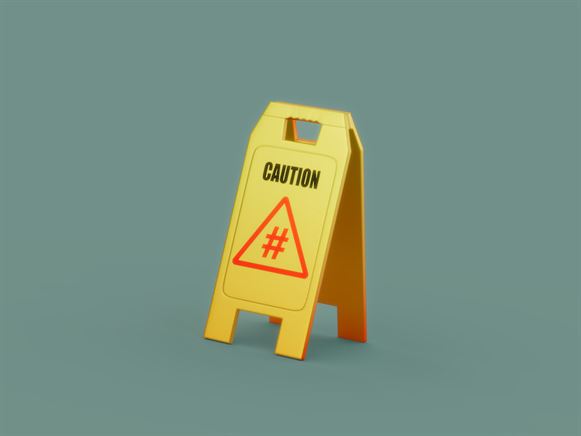




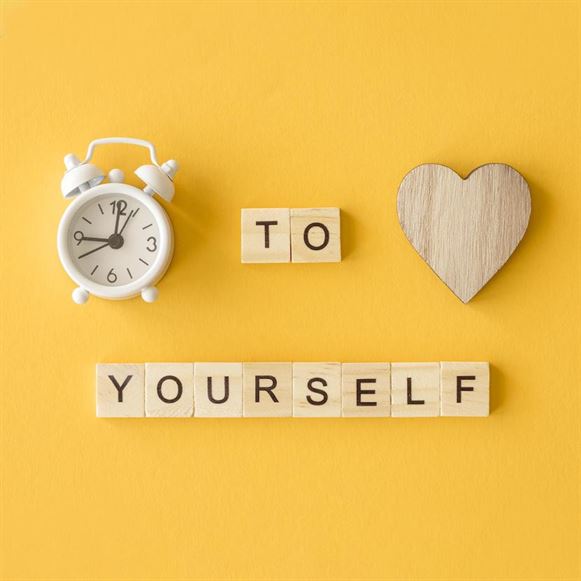





.jpg)
.jpg)




